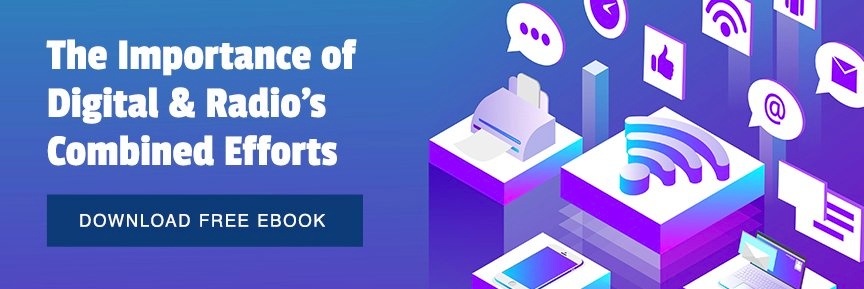Data is central to business in many ways, and some types of data impact small businesses more than others. First-party data is among the most useful for small businesses, as it is data the company itself collects and controls. First-party data will only grow in importance due to Google's changes to third-party cookies, set to take effect in 2024. That change will make it challenging for third parties to collect and distribute meaningful data soon.
Creating a comprehensive first-party data plan in the meantime can help your business stay on top of such changes and continue to be competitive in your field. Learn more about how to do so below.
First-Party Data Provides Customer Insight
As mentioned above, first-party data is information about customers that companies collect, organize, and analyze themselves. First-party data can give a company valuable insight into customer interests and demographics, helping them market their products and services better. It also allows companies to collect contact information for more direct forms of marketing, like email marketing.
Collecting first-party data helps your company while respecting customer privacy, though creating a successful balance between those is an art and science. It's easy to fall into the trap of collecting too little or irrelevant data. It's even easier to ask for too much information, which makes customers feel uneasy and gives you more than you can handle. The beauty of first-party data is that your company can collect relevant data at a manageable level because you collect data with a specific goal. While it's unlikely you can match the volume of third- or second-party data, acquiring specifically necessary data provides many benefits.
Helps You Provide Tailored Services to Your Audience
First-party data helps you market your materials better and helps you understand which products and services interest your target customers. The data that you collect from current and prospective customers might reveal that customers would spend more money if you offered higher tiers of your service packages. Or you could find that some customers would be more likely to do business with you if you provided a more basic service package that would fit their budget.
First-party data has many potential uses, but businesses can begin to capitalize on it by tailoring their services to what their audience wants. It also never hurts to implement some of the feedback you get on a small scale to see if the data you have collected is relevant to a broader range of your audience. From there, you can continue to scale up and make gradual changes to tailor your goods and services further.
By taking note of what your customers want, you can turn occasional customers into repeat ones. Eventually, you may even convert regulars into brand advocates who love your brand so much that they spread the word about you to their friends and family!
Create Better Customer Relationships by Being Relevant
One of the most critical aspects of marketing is staying relevant to your customers. You can spend thousands of dollars on marketing materials, but if you aren't front of mind after distributing them, you won't make a significant return on investment. First-party data helps you determine which marketing materials work best, which can help you shape your communication with customers.
That can ultimately help you stay relevant, keeping you top-of-mind while guiding your customers through the customer journey to purchase.
Grow Sales by Helping Customers
The last primary application of first-party data is to help your customers. First-party data teaches you more about your customers' daily problems, showing your company which solutions you can offer. That works for product and service development and for developing your customer relationship.
You want customers to see your company as having solutions. First-party data can help you establish yourself as an industry authority. If your company can gain a reputation for genuine helpfulness, your customers will come to you whenever they need reliable products and services.
First-Party Data Can Take Your Business to the Next Level
Collecting and analyzing first-party data is still a relatively new tool for getting closer to your customers, and it's one with limitless potential. It may take some extra time and effort to figure out how your business can integrate first-party data collection into your business model. However, doing so gives you a path to provide your customers with better products and services.
If you aren't sure where to start with first-party data, a trusted media partner can help you create and execute a first-party data plan that works for you.



